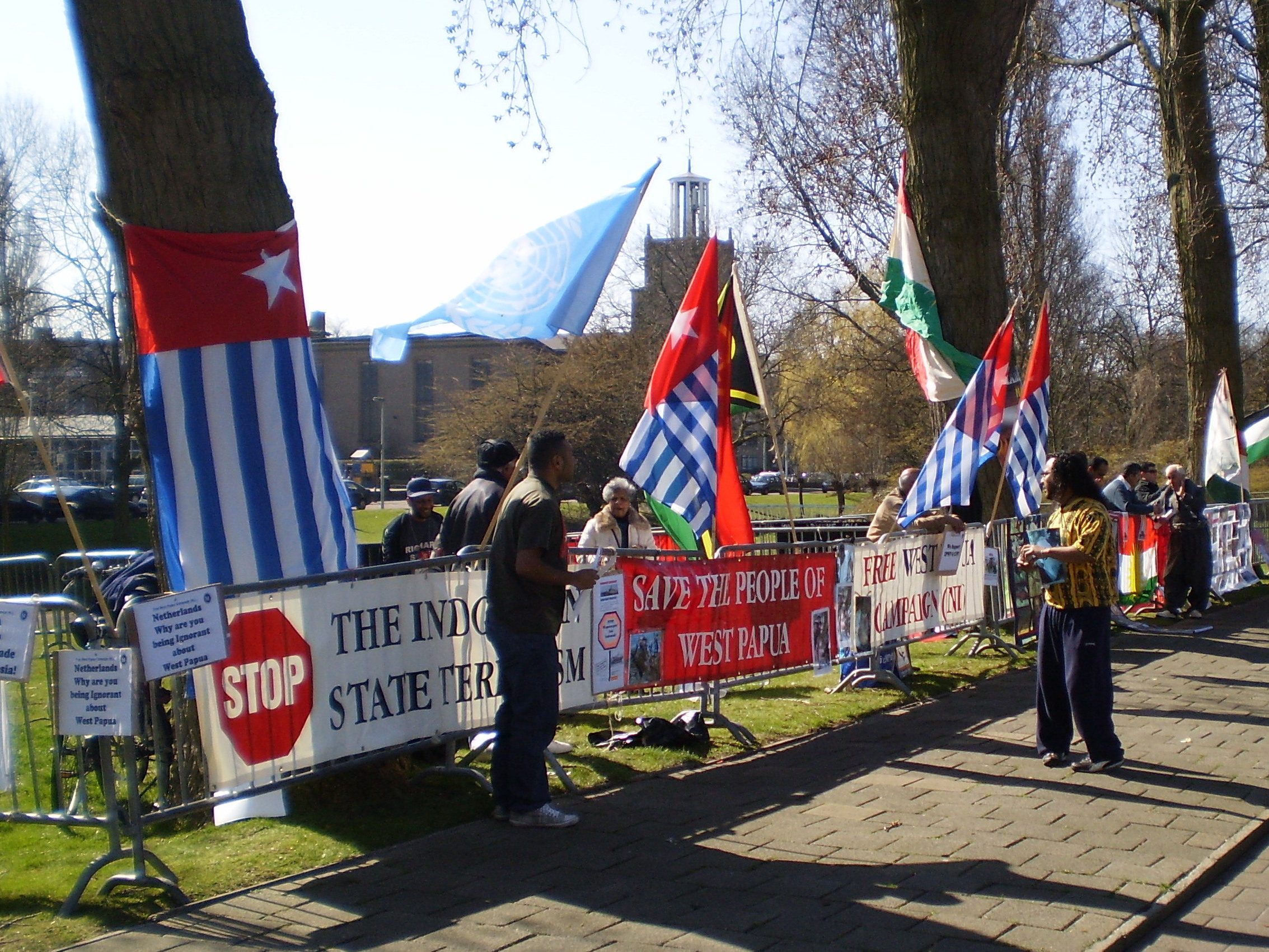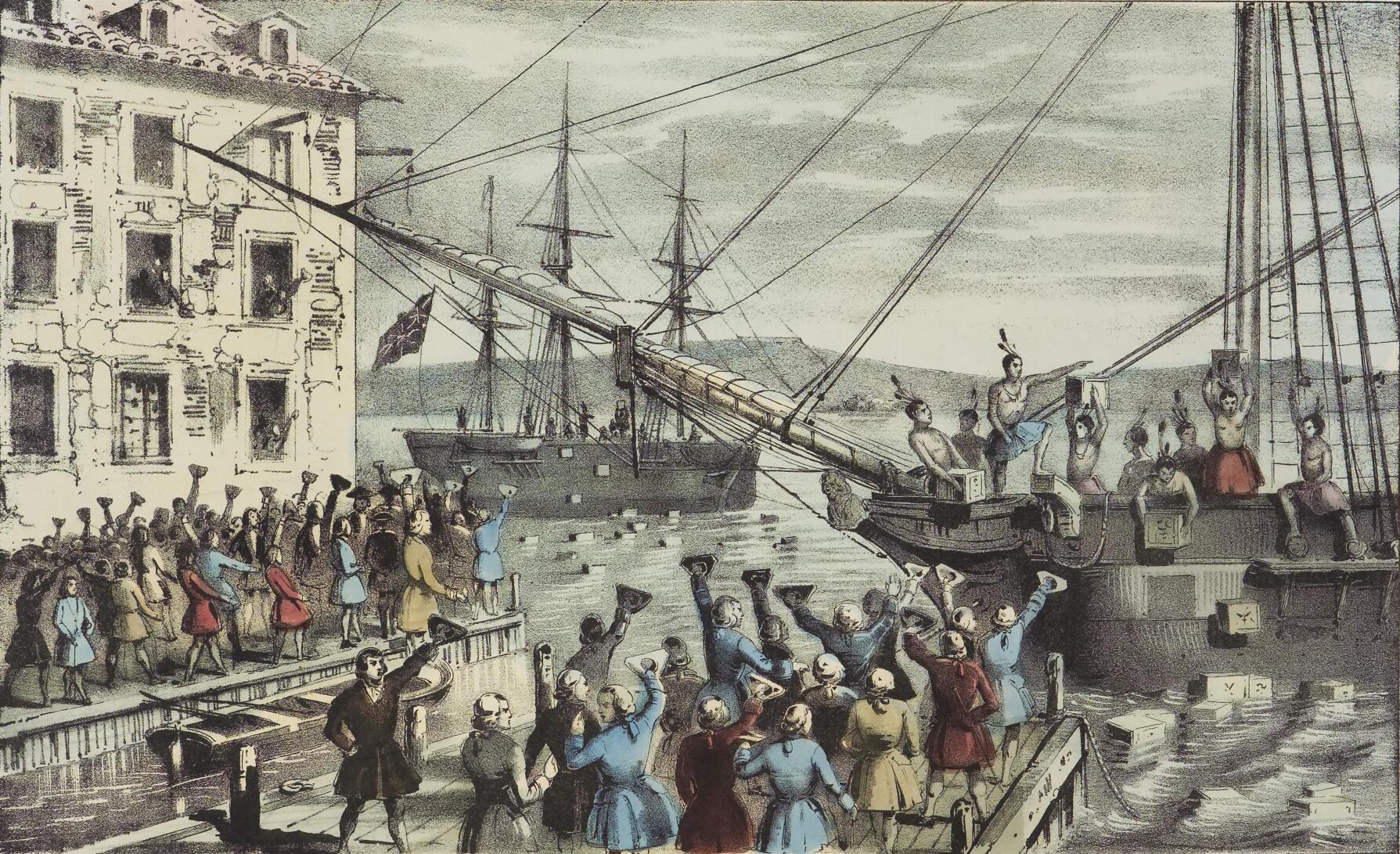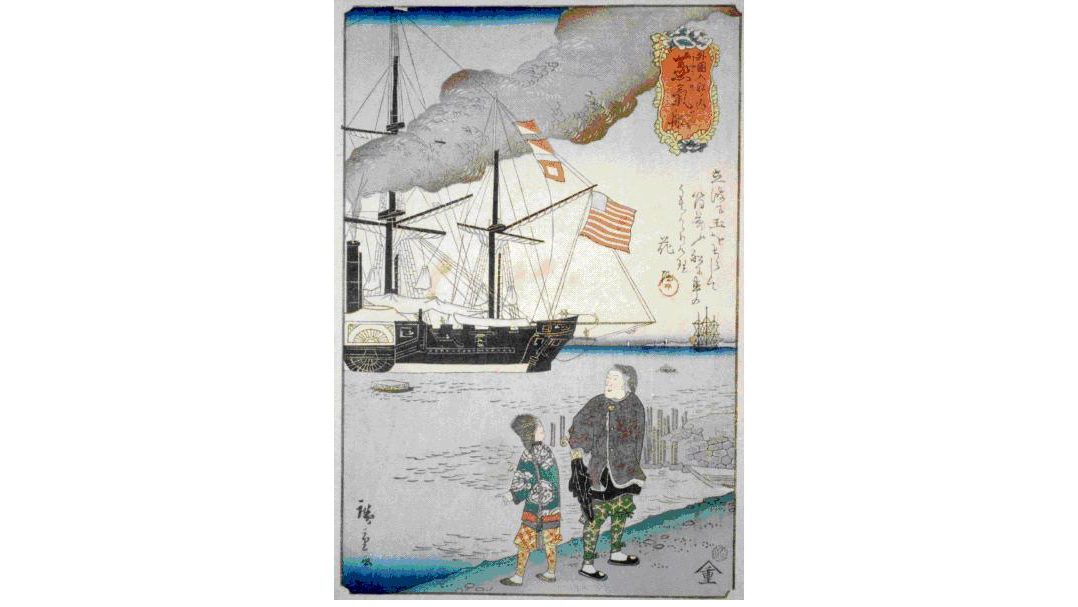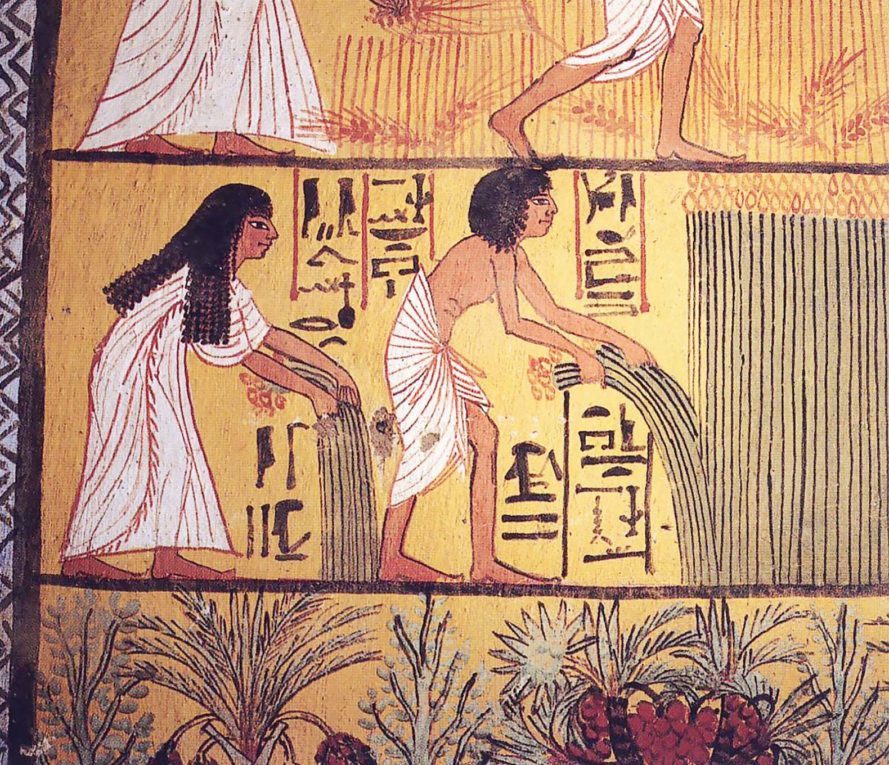
Unsung Heroes: Women’s Role in the Agricultural Revolution
Unearthed secrets from 7,000 years back highlight prehistoric women as the heroines who dug deep–quite literally, to plant the seeds of the first Agricultural Revolution–a recent study in Science Advances has unearthed. Analysis of the bones of these women shows they took on their fair share of digging, hauling, hoeing, and grinding grain in early agricultural societies – in fact, so much so, that their upper body strength would have been greater than that of modern female athletes today. Notably, these findings disprove the widely-held notion that prehistoric women favored domestic tasks over intensive manual labor.
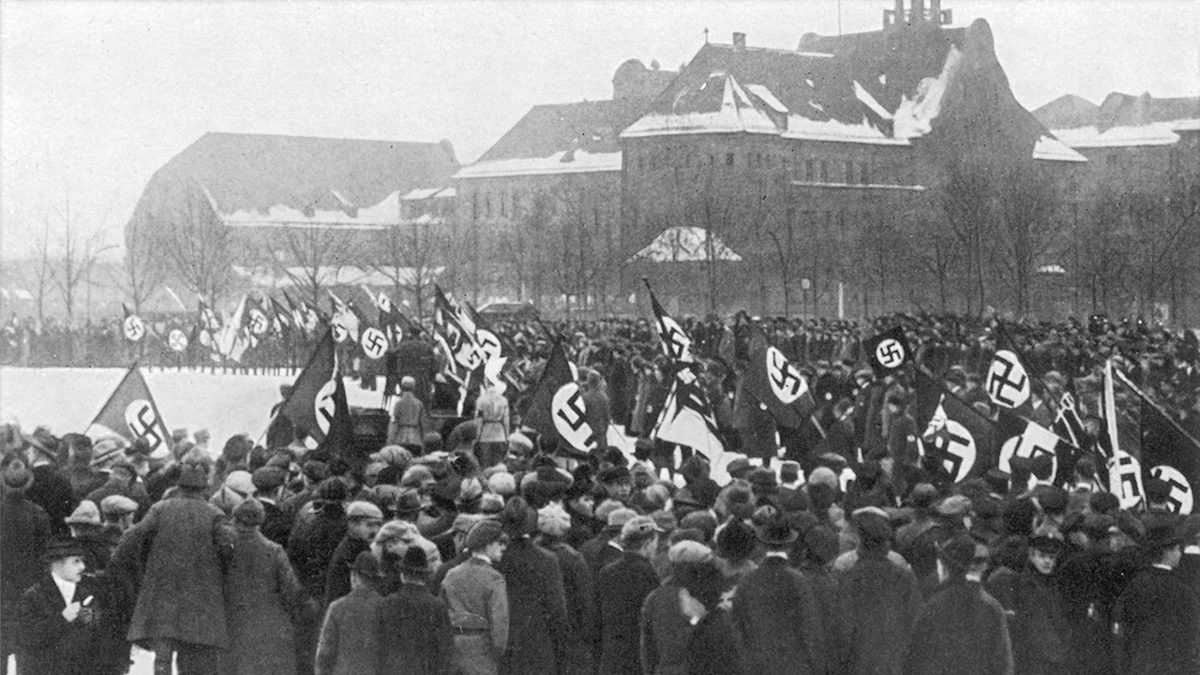
100 Years on, a New German Putsch?
Reading time: 9 minutes
On December 7, 2022, German federal police arrested 25 people who were allegedly plotting to violently overthrow the German government. This planned coup resurrected the spectre of a failed coup attempt 100 years before, when Adolf Hitler and his then still nascent Nazi party tried something similar. But is there a link between this modern coup and the one of 1923? Does the history of these events rhyme?
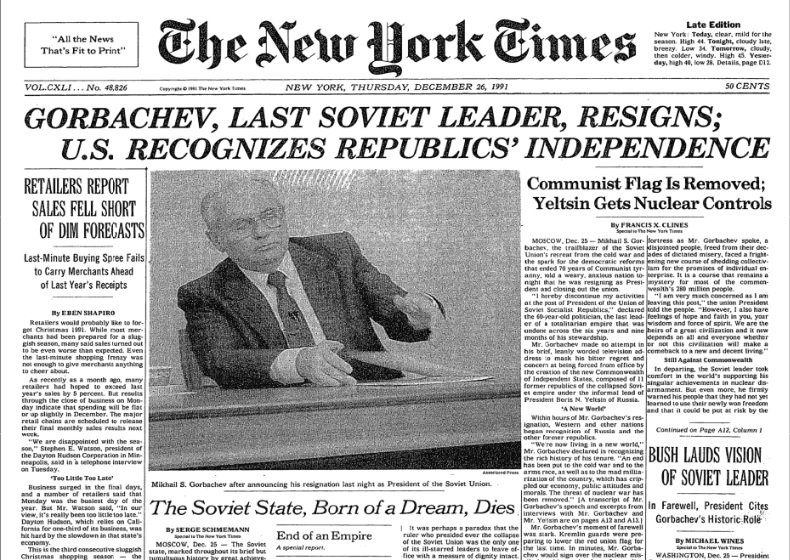
Dispatches from Red Square: reporting Russia’s revolutions then and now
Reading time: 9 minutes
“No news from Petrograd yesterday”, was the headline in the Daily Mail on March 14, 1917. The story – or non-story – which followed, was only a few dozen words: “Up to a late hour last night the Russian official report, which for many months has come to hand early, had not been received”, it ran. So why publish it? The non-appearance of the daily news bulletin from the Russian government had led the Mail’s writer, trying to prepare a report in London, to suspect something was going on.
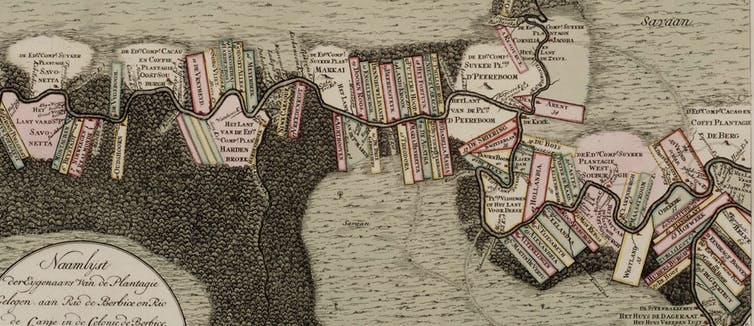
Reckoning with slavery: What a revolt’s archives tell us about who owns the past
Reading time: 6 minutes
During the revolt, former slaves organized a government and controlled most of the colony for almost a year. The Dutch either fled altogether or holed up on a well-fortified sugar plantation near the coast. A regiment of European soldiers sent from neighboring Suriname mutinied and joined the rebels they had come to defeat. But obligated by treaties, indigenous peoples such as Carib and Arawak fought on the side of the Dutch. The revolt ended when the rebels, out of food and arms, were overpowered by enemies who had received an infusion of men and supplies from the Dutch Republic.
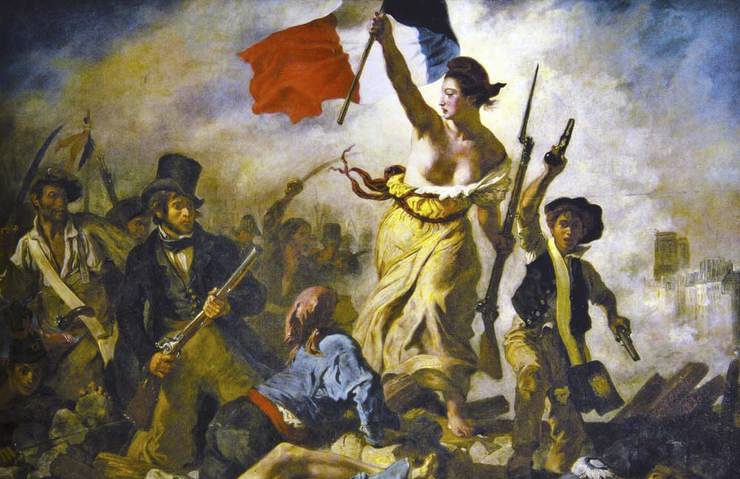
The Political History of France, 1789-1910 – Audiobook
THE POLITICAL HISTORY OF FRANCE, 1789-1910 – AUDIOBOOK By Muriel O. Davis This little book opens on the eve of the French Revolution. The government is crippled by financial mismanagement, ruled by a King who, in the author’s words, is “devoid of both ability and energy,” and resented by a tax-oppressed peasantry and a rising […]
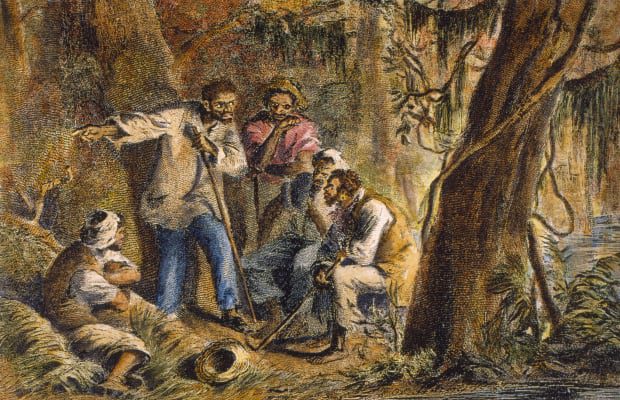
The Confessions of Nat Turner, The Leader of the Late Insurrection in Southampton VA – Audiobook
By Thomas R. Gray THE CONFESSIONS OF NAT TURNER, THE LEADER OF THE LATE INSURRECTION IN SOUTHAMPTON VA – AUDIOBOOK This is a detailed description of the massacre that took place on August 21-23, 1831 that became known as Nat Turner’s Rebellion. Nat Turner himself relates the events to the author from his jail cell […]
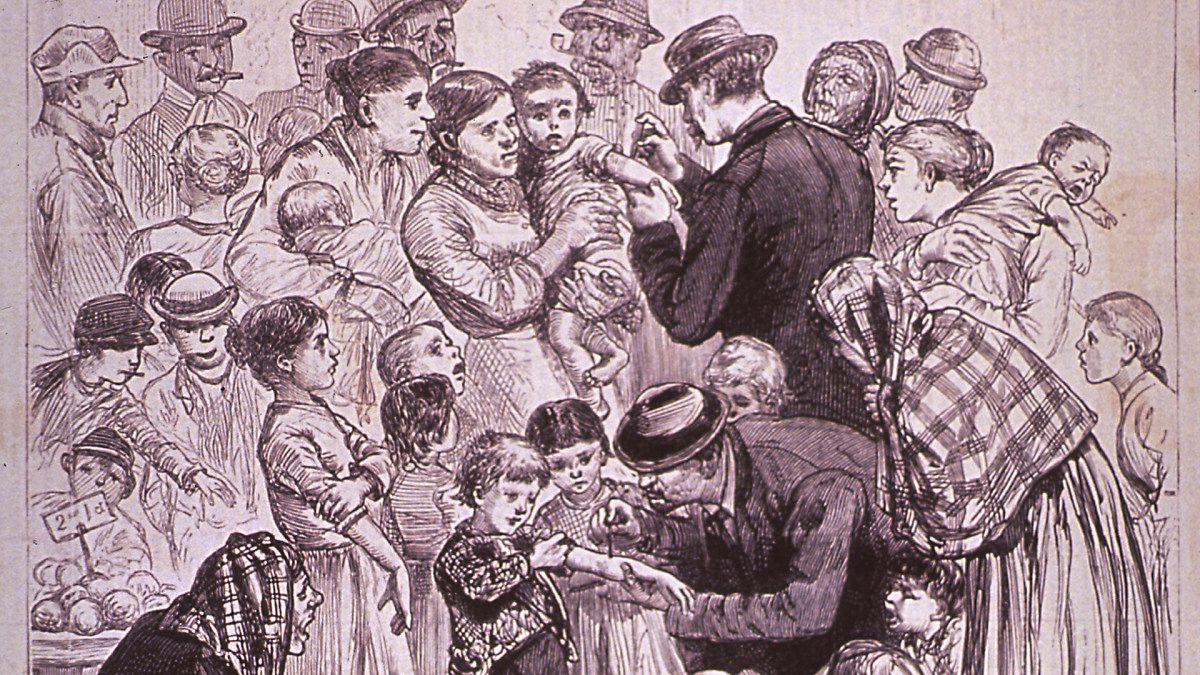
The Long History of Mandated Vaccines in the United States
THE LONG HISTORY OF MANDATED VACCINES IN THE UNITED STATES Vaccines against smallpox during the Revolutionary War may have saved the Continental Army from defeat. It’s one example of how mandates have protected the health of Americans for more than two centuries. An early smallpox vaccination. Leading Americans, including Thomas Jefferson, Benjamin Franklin and Martha […]
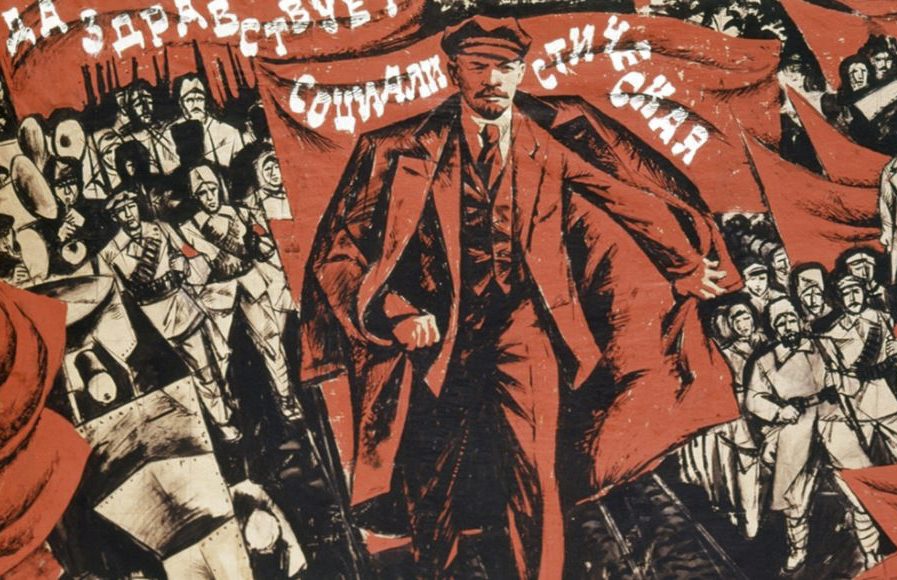
The Russian Revolution
For most people, the term “Russian Revolution” conjures up a popular set of images: demonstrations in Petrograd’s cold February of 1917, greatcoated men in the Petrograd Soviet, Vladimir Lenin addressing the crowds in front of the Finland station, demonstrators dispersed during the July days and the storming of the Winter Palace in October. What happened in the Russian Revolution? These […]

Social Life in England 1750-1850 – Audiobook
SOCIAL LIFE IN ENGLAND 1750-1850 – AUDIOBOOK By F. J. Foakes-Jackson (1855 – 1941) In 1916, the Cambridge historian, F.J. Foakes-Jackson braved the wartime Atlantic to deliver the Lowell Lectures in Boston. In these wide-ranging and engaging talks, the author describes British life between 1750-1850. There are John Wesley’s horseback peregrinations over thousands of miles of […]
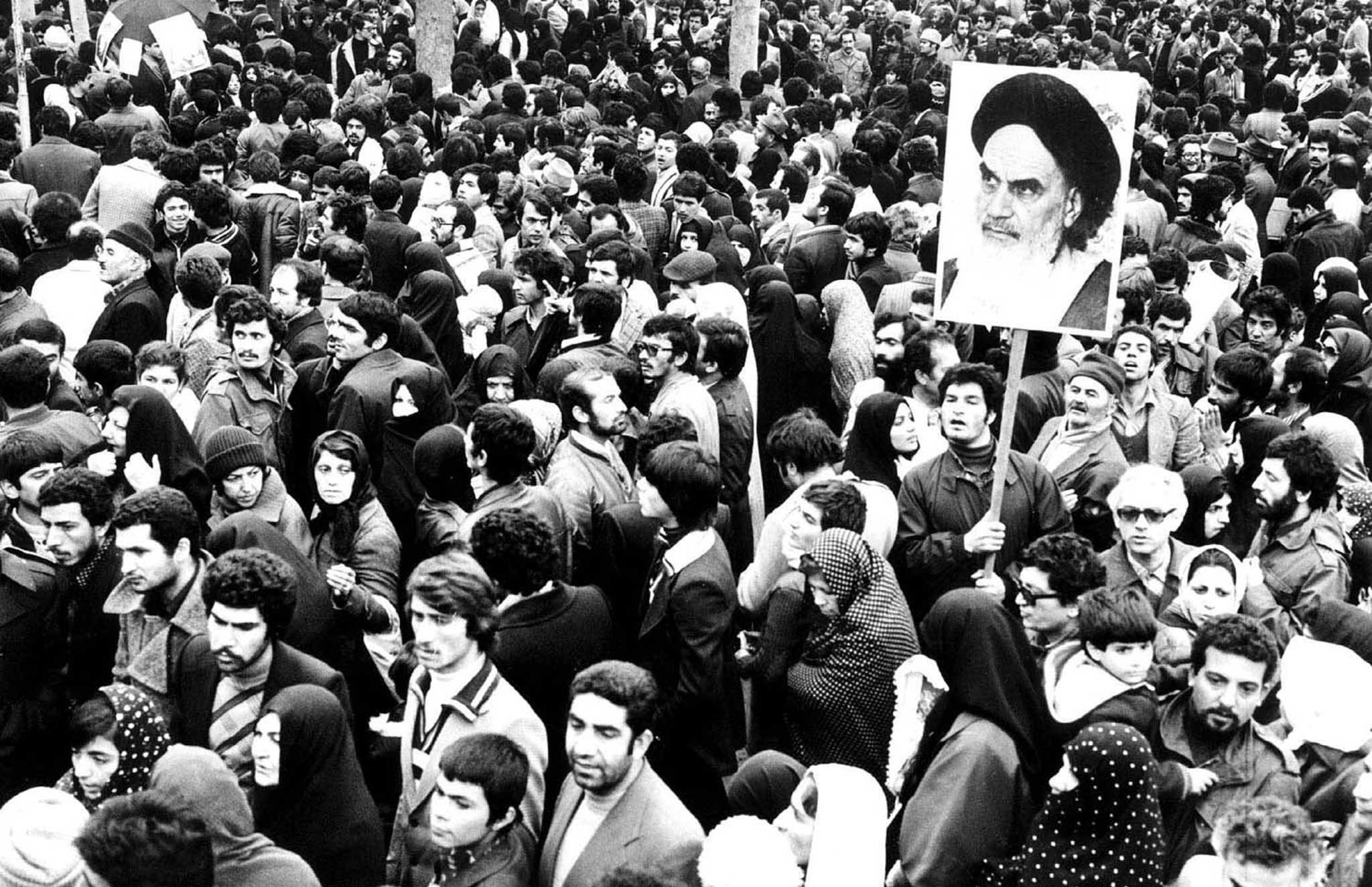
The Iranian Revolution
To understand what caused the Iranian Revolution, we must first consider the ongoing conflict between proponents of secular versus Islamic models of governance in Muslim societies. It all began with the British colonisation of India in 1858, which precipitated the collapse of classic Islamic civilisation. By early 20th century, almost the entire Muslim world was colonised […]
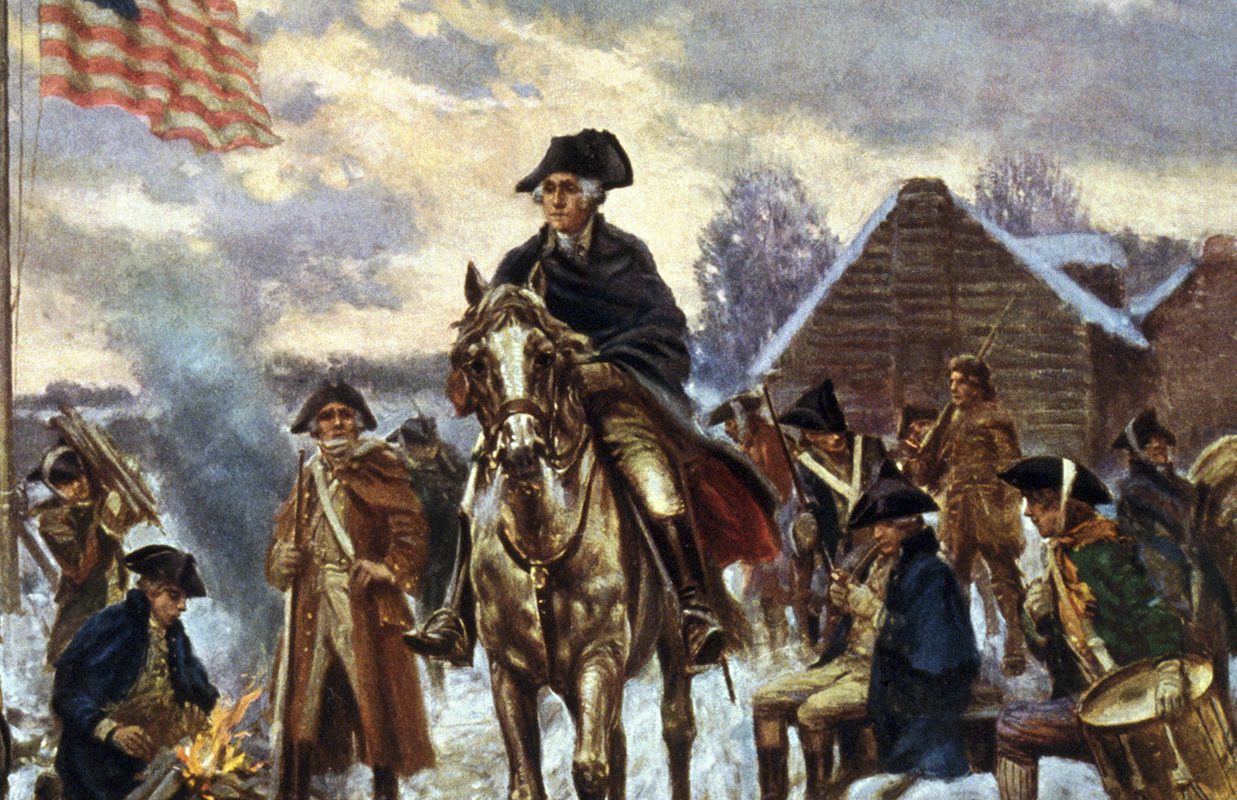
Great Epochs in American History, Volume III – AUDIOBOOK
GREAT EPOCHS IN AMERICAN HISTORY, VOLUME III – AUDIOBOOK By Francis Whiting Halsey (1851 – 1919) This is the third volume in ten volume series of great epochs in the history of the United States, from the landing of Columbus to the building of the Panama Canal. In large part, events composing each epoch are described […]
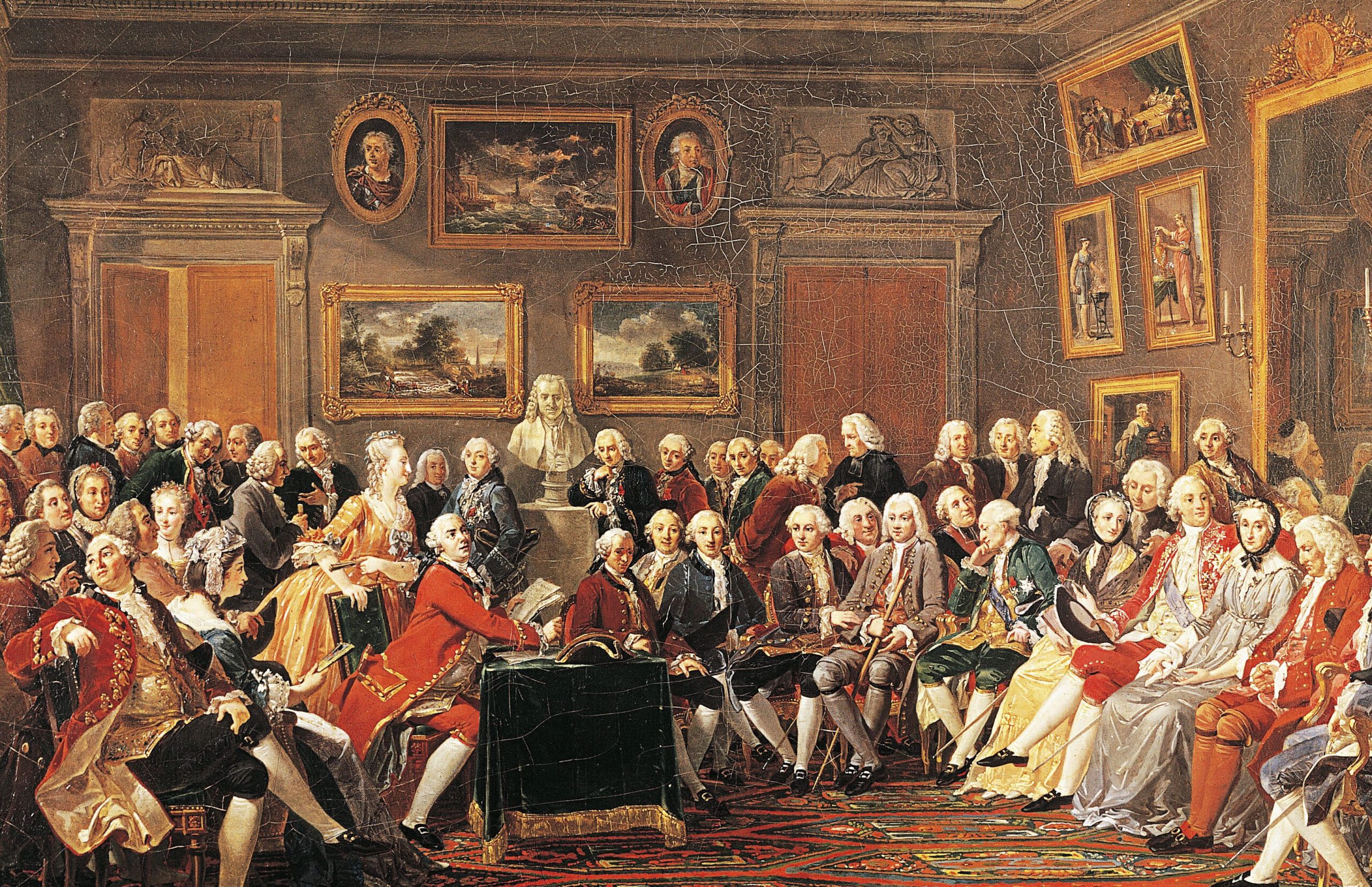
Voltaire and the French Enlightenment – Audiobook
VOLTAIRE AND THE FRENCH ENLIGHTENMENT – AUDIOBOOK By Will Durant (1885 – 1981) n this Little Blue Book Number 512, Will Durant describes François-Marie Arouet, the writer, historian, and philosopher known as Voltaire (1694-1778) as “unprepossessing, ugly, vain, flippant, unscrupulous, even at times dishonest” and “tirelessly kind, considerate, …as sedulous in helping friends as in crushing […]

What is Bastille Day and why is it celebrated?
French people travelling to or living in English-speaking countries are sometimes surprised when asked about their plans for “Bastille Day”: they refer to the day as Quatorze Juillet (14 July). France’s National Day is not really about the storming of the Bastille, and the day’s English language name conveys a misleading image. But it gives us an […]

Brilliant and Flawed: The Enduring Legacy of Napoleon Bonaparte
The 200th anniversary of his death (1821-2021) renews discussion on how the former Emperor should be commemorated. By Michael Vecchio Military genius. Autocratic despot. Progressive visionary. Bloodthirsty war monger. The contrasting list of terms to describe the legacy of Napoleon Bonaparte indicate just how polarizing of a figure the former French Emperor was not only […]

The Long Tail of the First World War
Fallen Empires and Civil War By Caitlan Hester The popular view of the First World War is that it ended with Armistice in 1918. But the end the First World War did not put an end to conflict and combat. The 1918 Armistice was followed by events that radically shaped today’s geo-political landscape: the spread […]
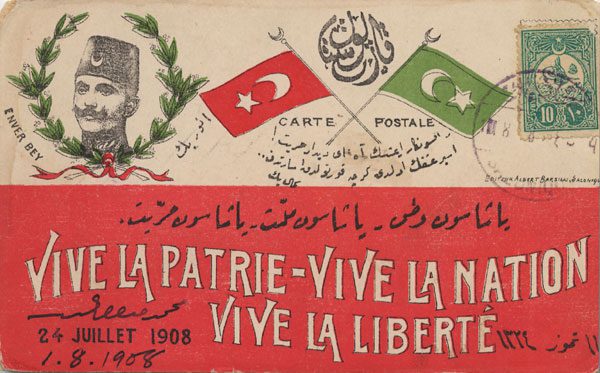
A Period of Change: Global Events in the Lead Up to WWI
The history of the lead up to WWI is undoubtedly dominated by Europe. European powers understandably take centre stage, given their influence on the start of the Great War. However, the years before WWI were a period of change – not just in Europe – but all over the world. Revolutions, wars, and political upheaval […]

